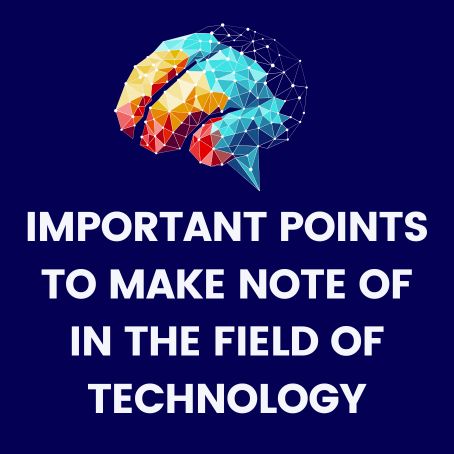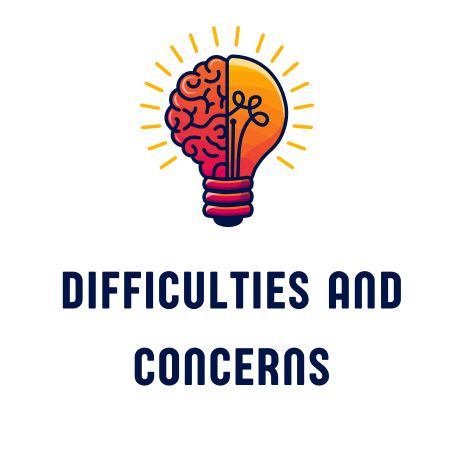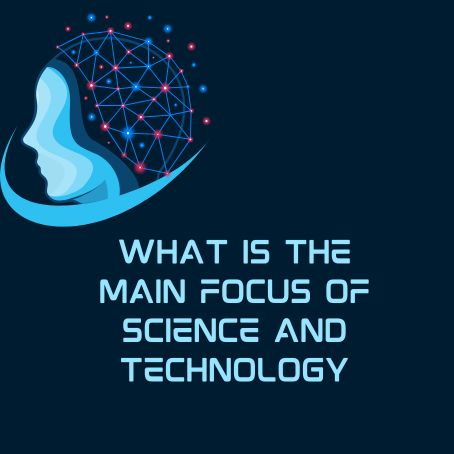Science and Technology: Their Definition
To begin with, science and technology go hand in hand since one cannot do without the other. All major branch of science begins with the knowledge of a universal fact which is to seek, to know, and to understand all that the universe has to offer and at times revolves around probing the secrets of the universe through experiments and theories. Through the Scientific approach, universal knowledge is then used as a means to ensure practicality. Collectively science and technology advanced civilization and uplifted the standard of living globally.
Bias and Objectives of the Study
The fundamental bias of science is knowledge-seeking motivation. It should never be just about the average person, as in of the myriad of available variables, there are minute particles and stars that exist that are of interest. This is a combination of paradigms aimed not only at internal but equally as importantly external and practical applications and frameworks that help humanity.
On the other hand, technology is all about the core focus of seeking to resolve dilemmas. It is pitching up from the needs that exist which are real and uses scientific approaches to achieve them. Be it vaccine development, energy systems construction, or artificial intelligence improvement, there is so much to achieve and all this is violence against norms of human civilization.
Key Areas of Focus in Science
Exploration of the Natural World**
Science focuses on explaining the fundamental questions behind the natural world. Physics, biology, and chemistry are among the disciplines that seek the laws of nature, matter and life. For example, genetics focused on the studies of how traits are passed to a descendant and opened further possibilities in medicine such as gene therapy.
Understanding the Cosmos**
Astronomy is an inherent human trait, which can be traced out right from ancient civilizations when the starry night arc inspired many mythologies. The cosmological models today have advanced effectively such that we aim to reach answers from the universe’s inception with the Big Bang until the black holes.
Advancing Human Health**
Medical science entails the understanding of diseases, their remedies and delivery of health care services. The occurrence of COVID-19 and subsequent development of the vaccines is characteristic of how science can be beneficial in breeds challenges globally.
Sustainability and Environmental Science**
Global warming, loss of biodiversity and pollution are key issues that are mounting in society. Understanding ecological systems, estimating environmental impacts and creating sustainable development policies to tackle these issues are some of the tasks reserved for scientists.
Theoretical and Applied Research**
Pure science seeks to enrich our mind by expanding theoretical comprehension of phenomenon and how they behave. Pure science aims at finding solutions to particular problems. All these aspects are linked and foster technology advancement.
Important Points to Make Note of in the Field of Technology

The digital age can be characterized by the use of ICT technologies which allow for global communication, data processing as well as the automation of processes. The advent of internet facilities, smartphones, and cloud computing has changed the mode of human interaction and the mode of work.
AI and machine learning are changing the scope of industries through the introduction of predictive analysis, automated systems and natural language processing. These technologies are looking to change the future of work, health care, and transport systems.
Medical devices, telemedicine and biotechnology innovations are improving the level of care, as well as the access to the targeted groups of patients. The use of wearable health systems and robotic surgeries are great examples of technology changing the healthcare sector.
In relation to the energy crisis, addressing the issue and reducing carbon emissions is a major priority..
Science and Technology: Understanding the Relationship
Science and technology are two interrelated concepts that in many ways are complementary. Many times scientists do research and come up with new findings that have the potential to change the mode of technology. Similarly, new technology enables scientists to carry out research. For example:
- Developing technology like satellites is important in forecasting weather, environmental changes, and weather, thus enhancing climate science.
- Physics is made easier through particle accelerators like the LHC, which allows physicists to study the fundamental building blocks of matter. This interplay promotes the speed of improvement by forming a ‘virtuous circle’ of innovation and discovery.
Influence on the Structure of Society
Science and technology goes beyond answering research problems or coming with solutions for industries but rather enhances society to:
Improving Life Existence
The improvement of healthcare systems, transport and communication have contributed into raising the living standards. The introduction of various technologies such as the internet, airplanes, and antibiotics has impacted the life of a person in every aspect.
Facilitating Industry Development “A Science Based Economy”
Technological inventions fuel industries, increase employment and raise output per man hour. For instance, the information technology industry has become one of the pillars the nations’ economies.
Indeed there are several science and technology innovations which target the reduction or control of various challenges such as poverty, climate change pandemics among others. For example, Technologies on renewable energy materials are aimed at providing energy solutions while the environmental effect is minimized.
Shaping Culture and Ethics
With technology developed at a high speed, there also raise questions of ethics such as privacy, safety issues or the role AI plays in society. The development of any science and technology calls for some rule breaking and creation of new socio cultural models.
Difficulties and Concerns

Science and technology are appealing, but they do have challenges:
Ethical Issues: Genetic editing, AI, and even surveillance technology draw questions related ethics and wrongful use.
Access to Technology: There is the case of a gap in access to technology, healthcare or education. These were not distributed equally and therefore need to be balanced out.
Environmental Sustainability: This almost always comes in with a new technological marvel, sadly, resources can be skimmed. As a result, the tough ask is preserving the environment and innovation at the same time.
Public Mistrust: People sometimes don’t quite understand science and tech advancements, which brings about skepticism. Science hasn’t been able to achieve the weightage and credibility it should in the eyes of the public.
Insights
Even though there are sporadic difficulties, science and technology continue to change and develop, and will grow further in the future. Some new highlights are:
Collaboration and New Perspectives: Working with specialists in biology, computer science increases the breakthroughs that can be made in bioinformatics and synthetic biology.
Eco Friendly Services: There will, however, be a drive towards developing environmentally friendly technologies in the upcoming decades.
Exploration of Outer Space**
With increasing attention to possible Mars colonies and lunar bases, exploration of space is about to go through yet another leap.
Medicine Tailored for the Individual**
Developments in genomics and biotechnology are making it feasible to devise treatments that are suited for the particular characteristics of each patient.
The progress in quantum computers and sophisticated AI systems is going to help resolve intricate issues which presently are beyond human capability.
The main purpose of science and technology is to deepen the knowledge of the universe and improve the overall conditions of humanity. They address important problems, devise practical solutions, and create new and better ways to do things. Given the challenges we face in the 21st century, the drive for creativity must remain focused on the tenets of sustainability, equity, and ethical consideration.

